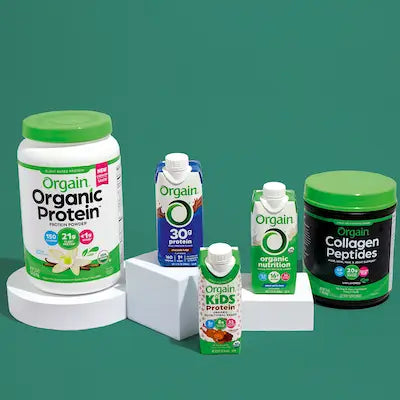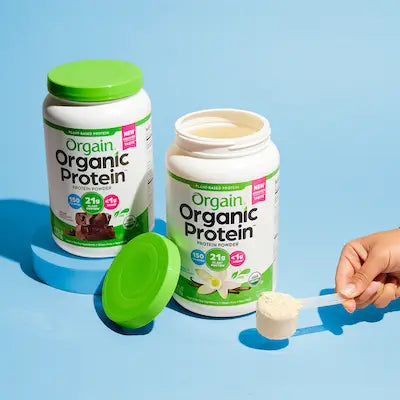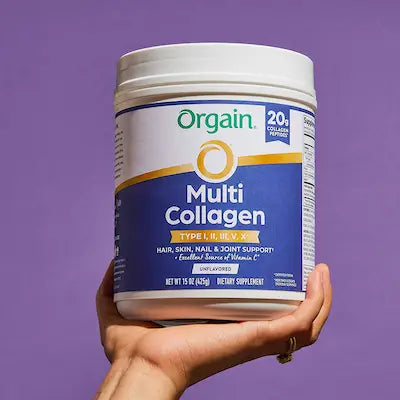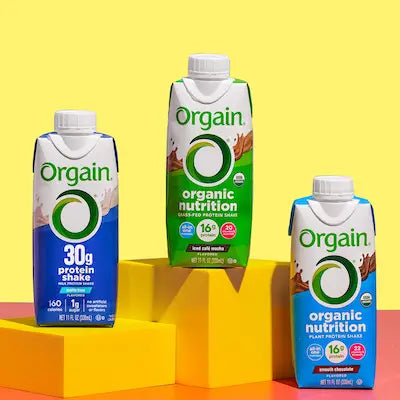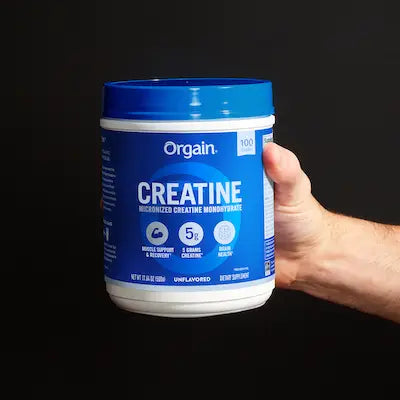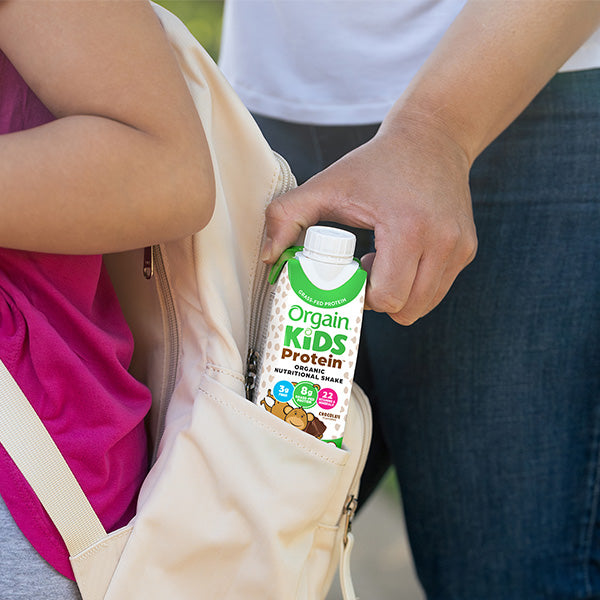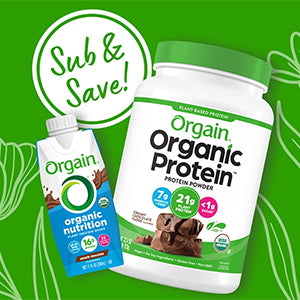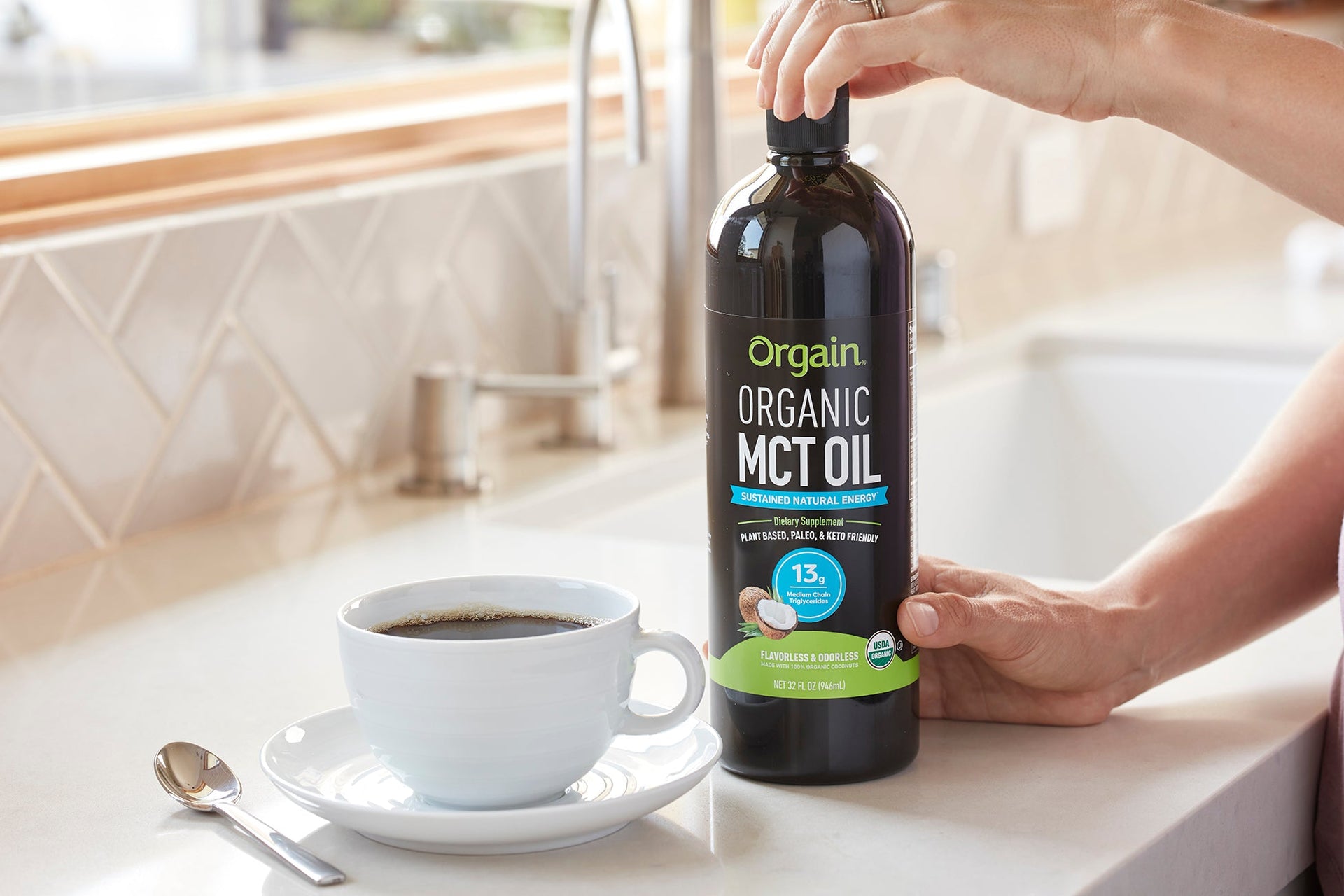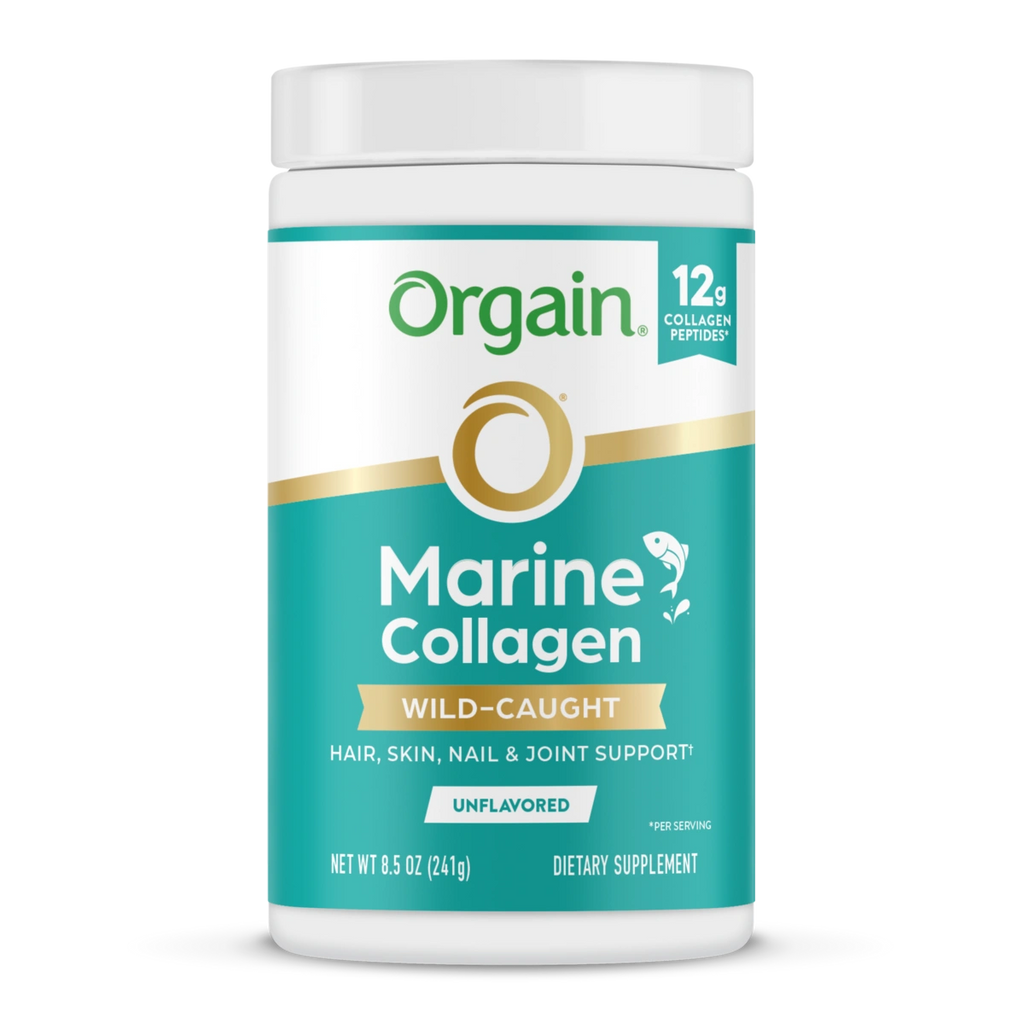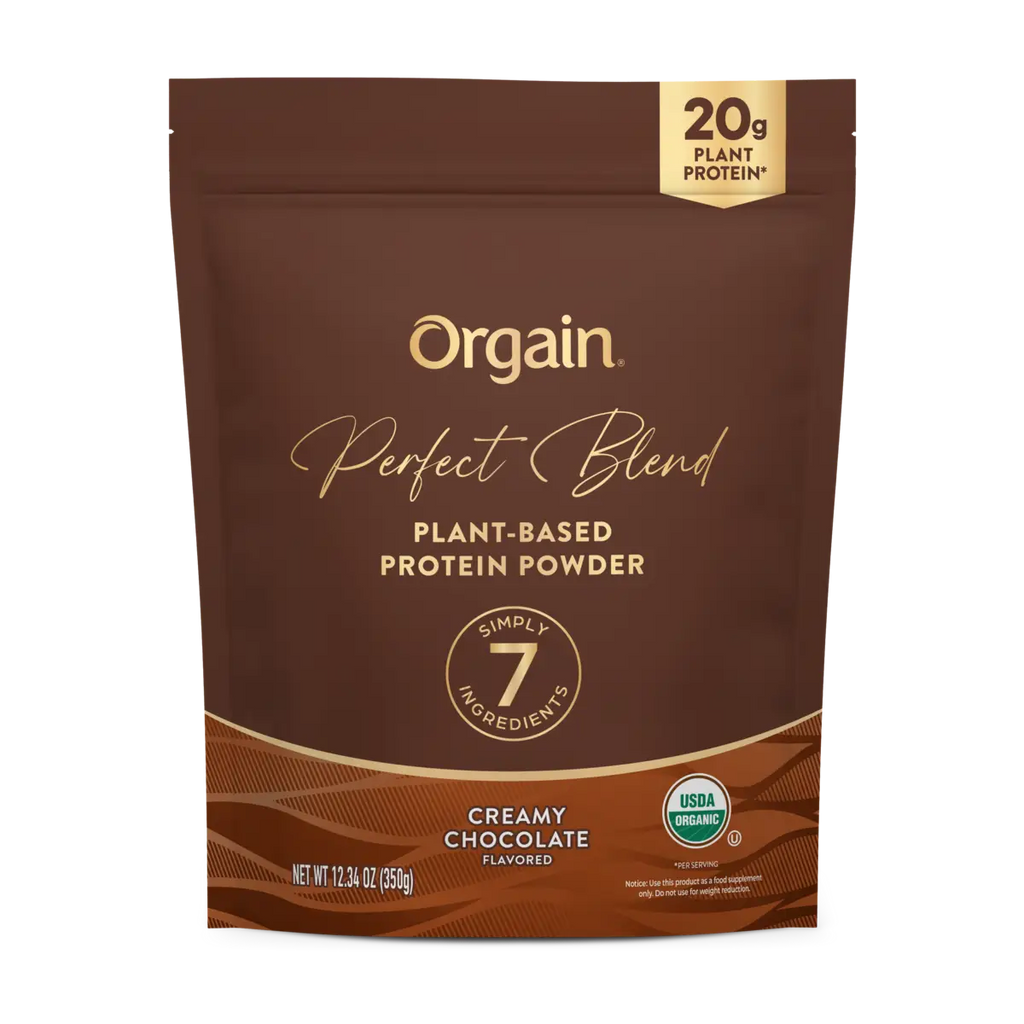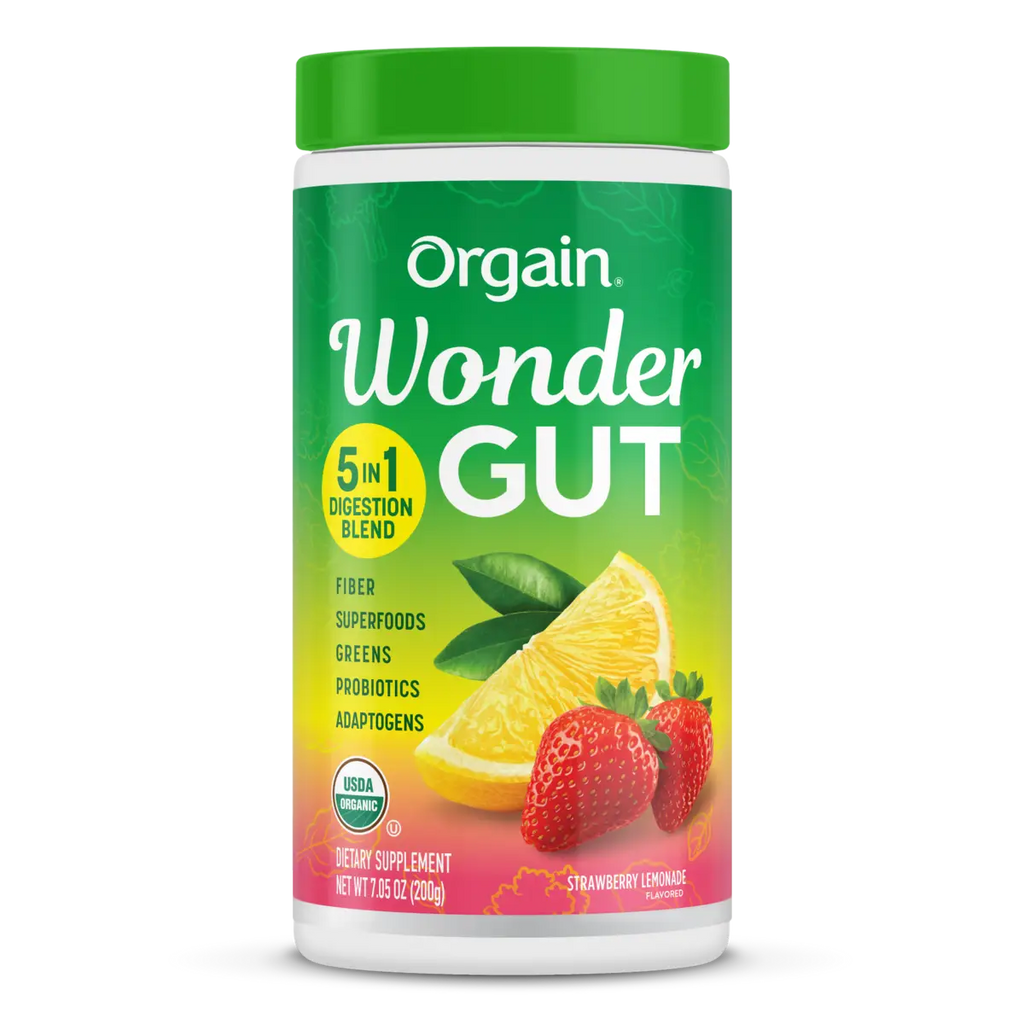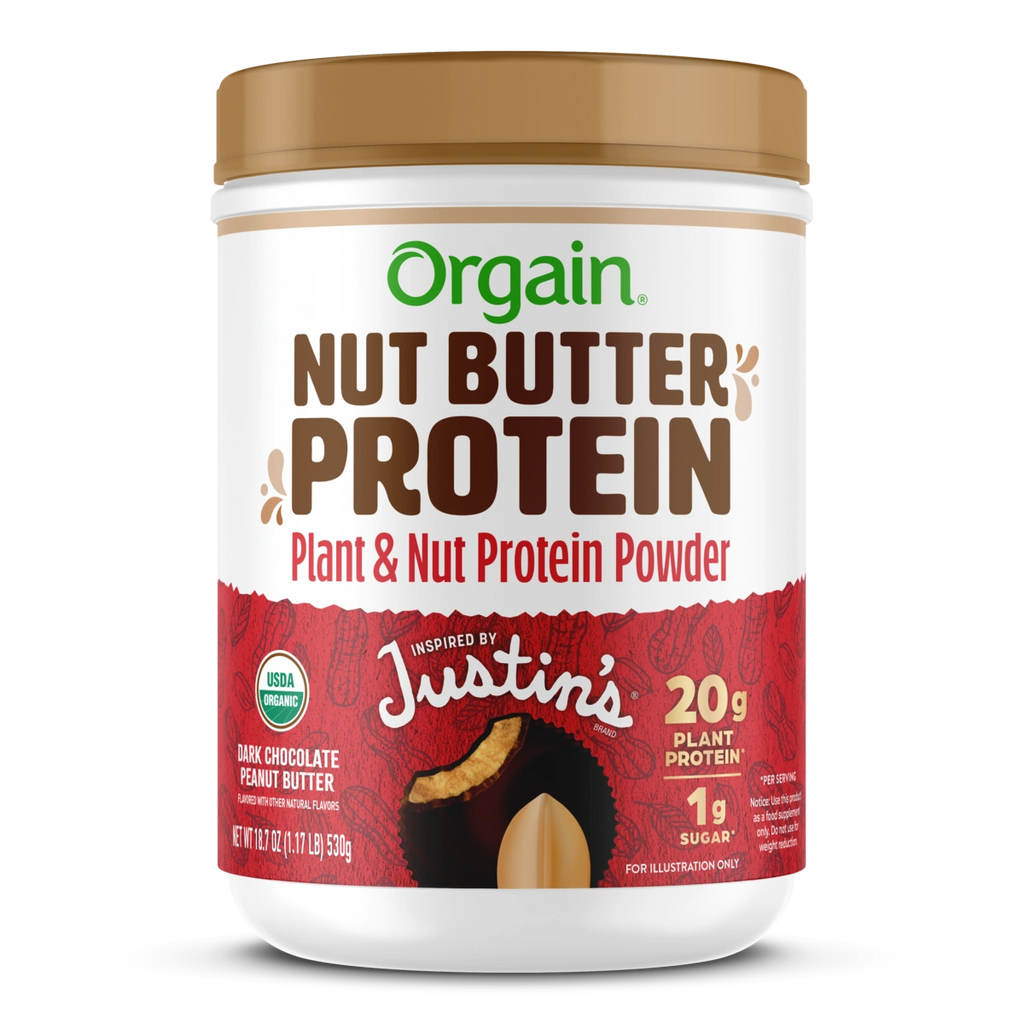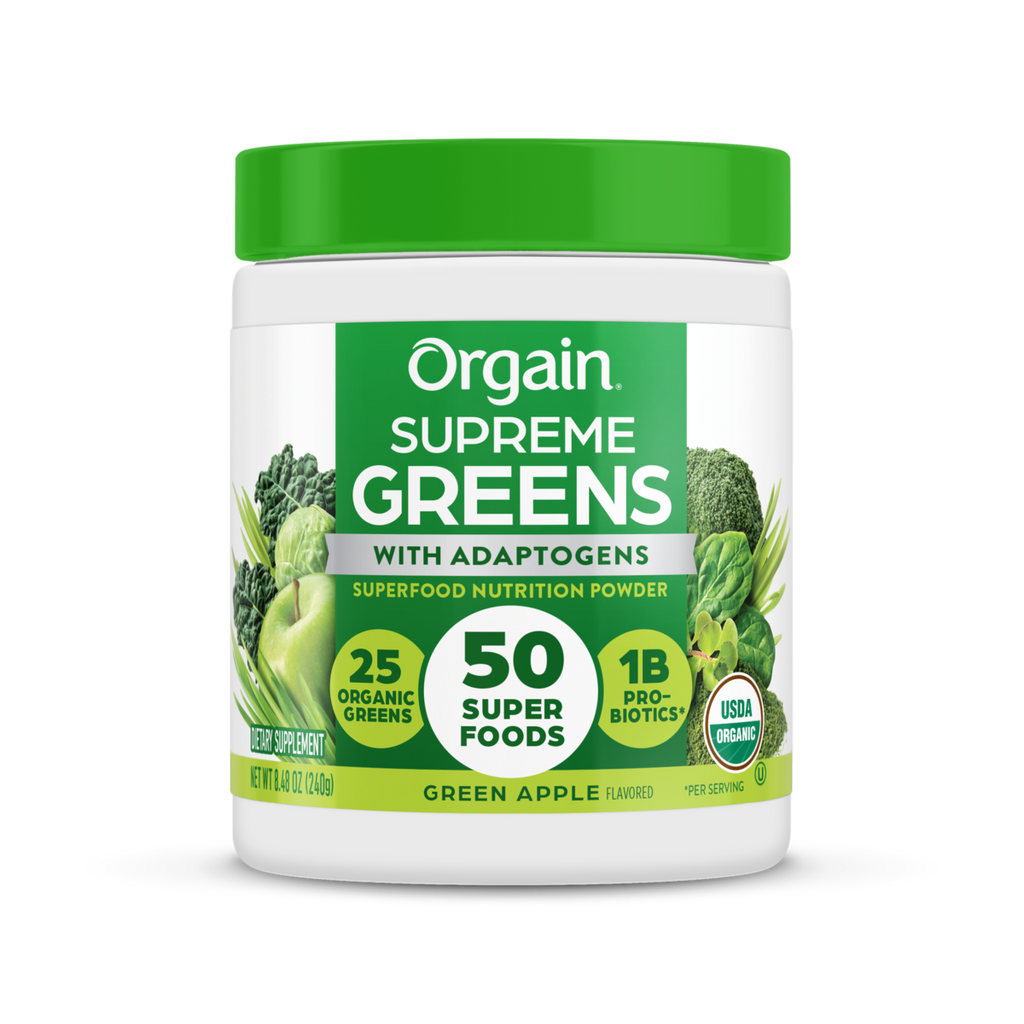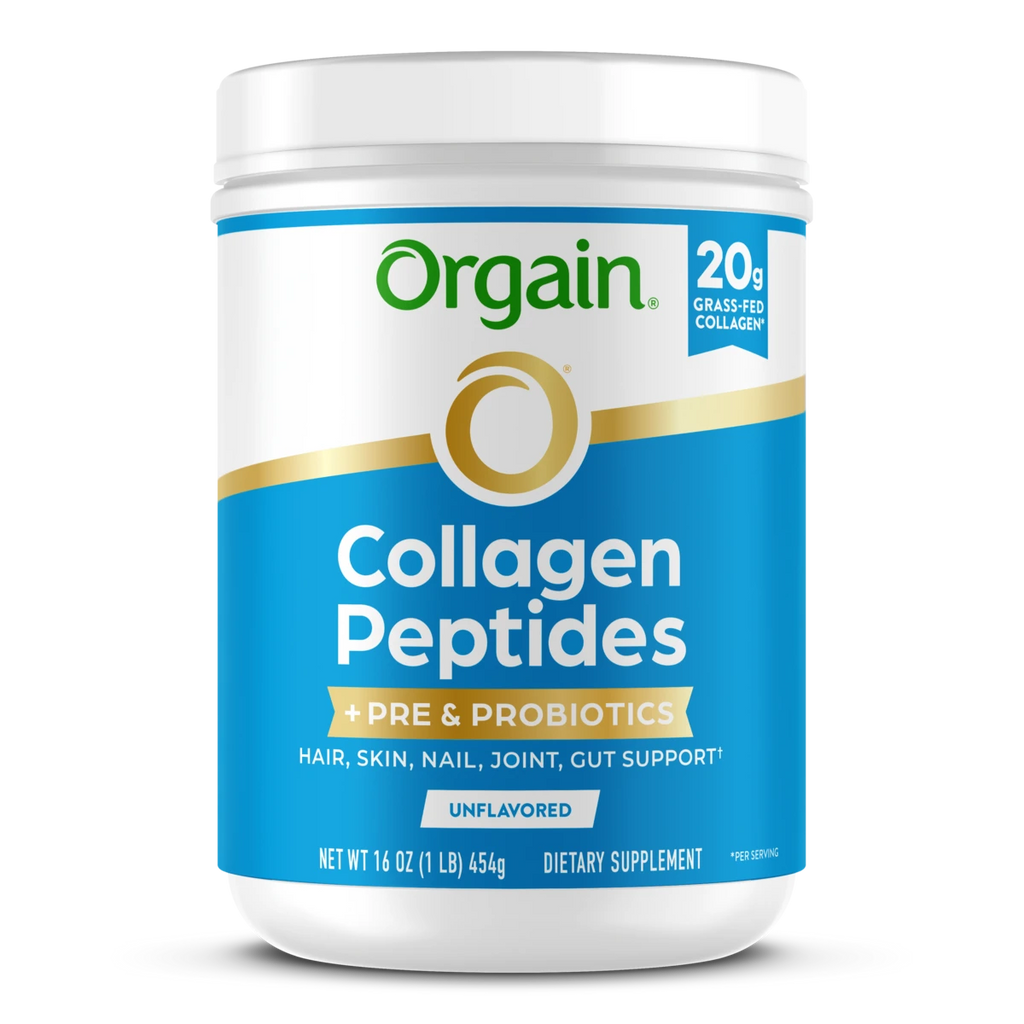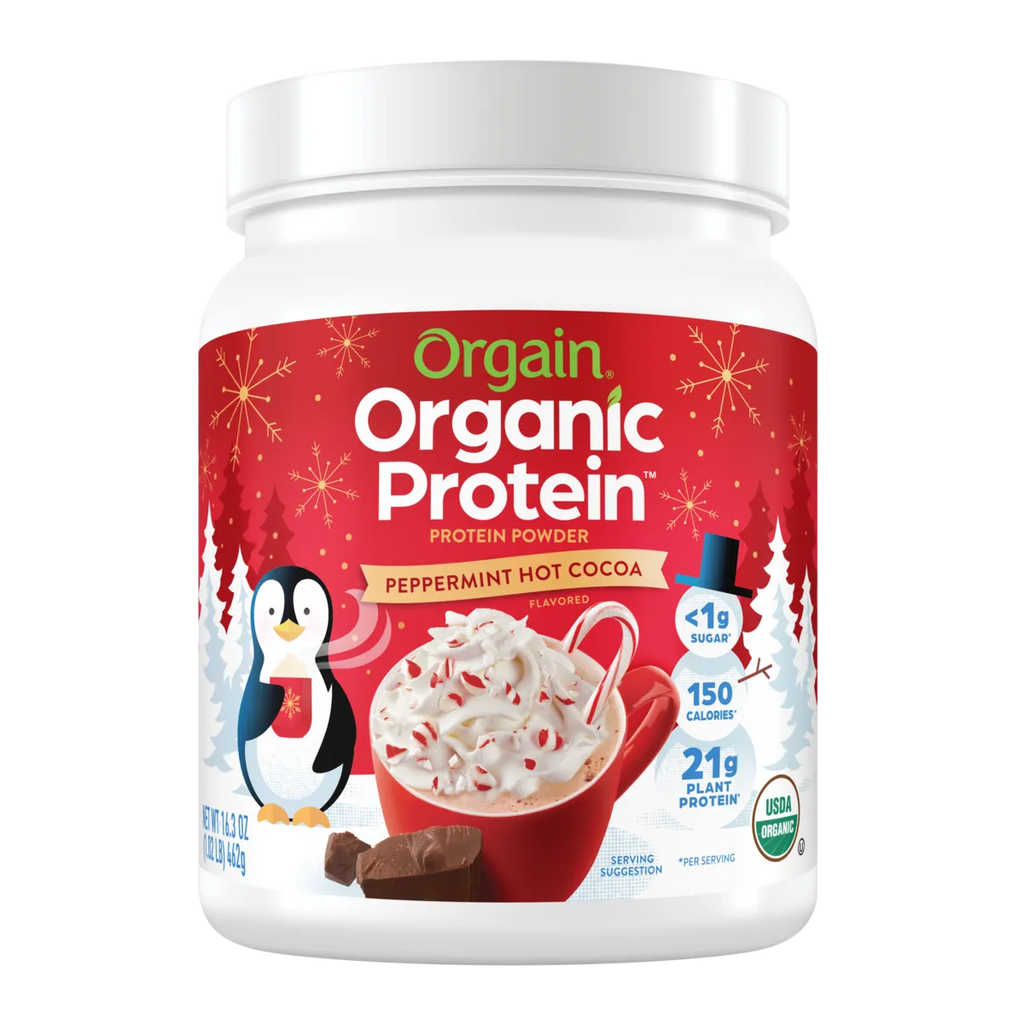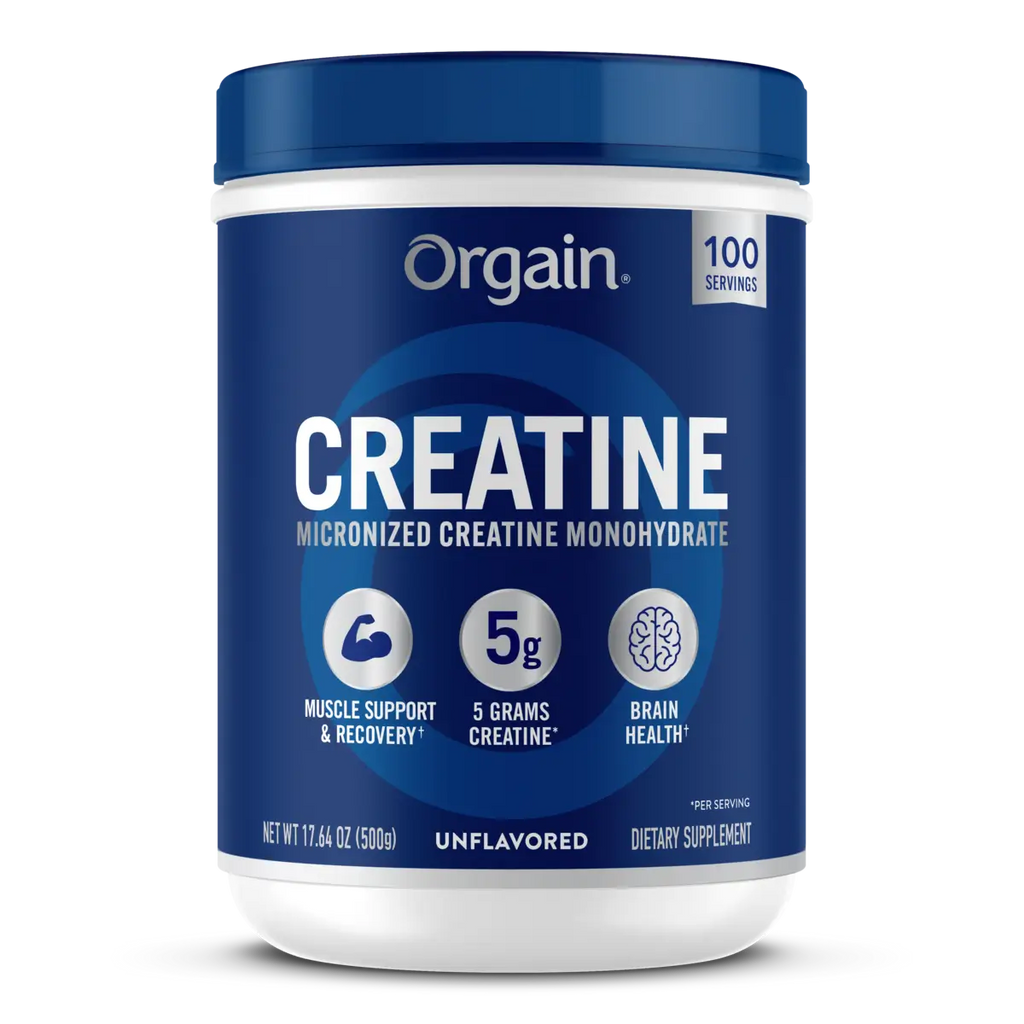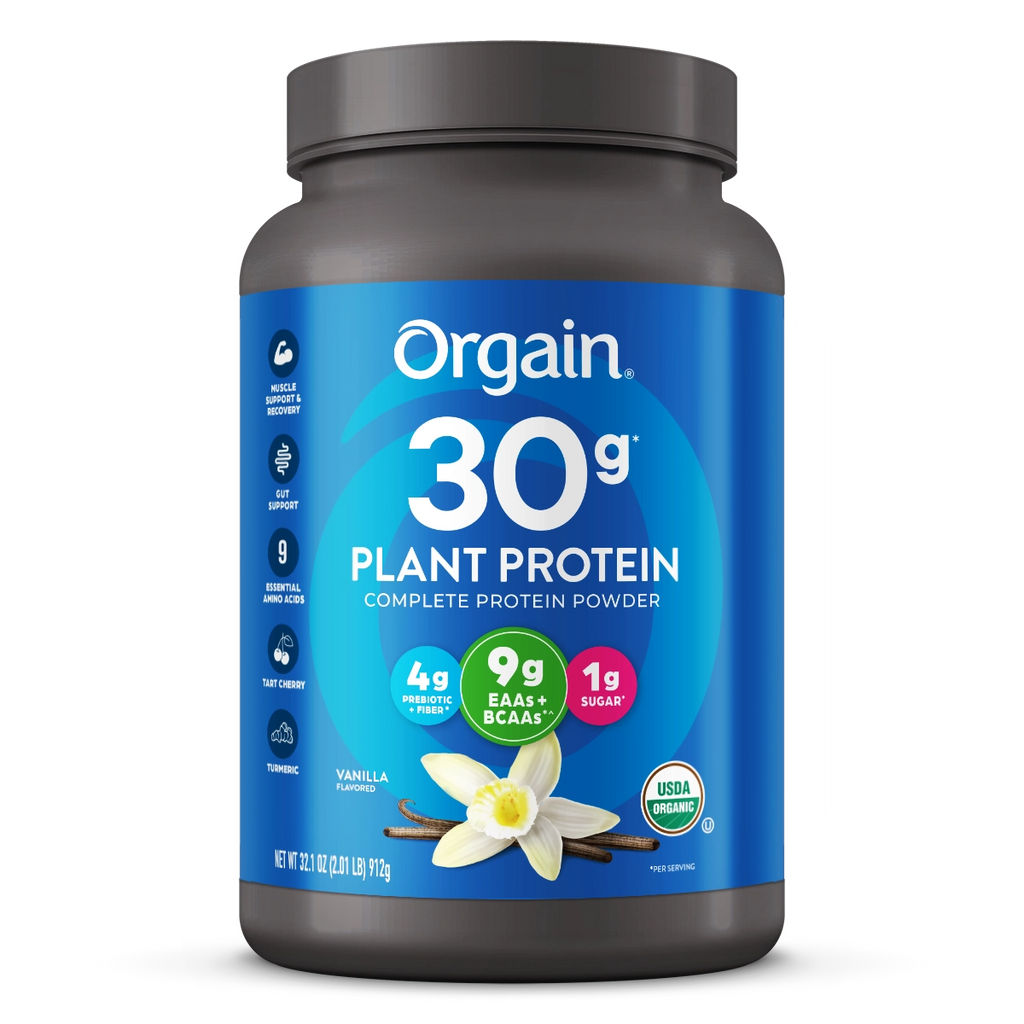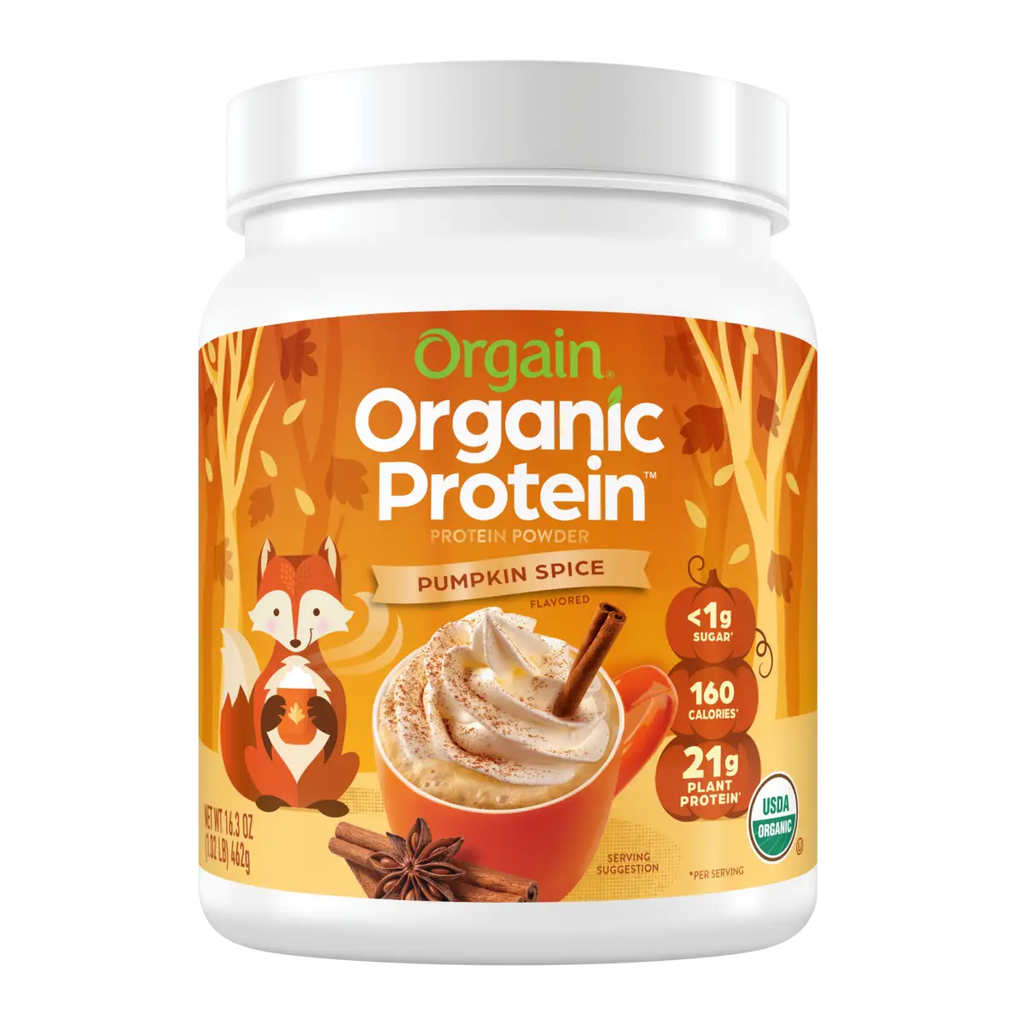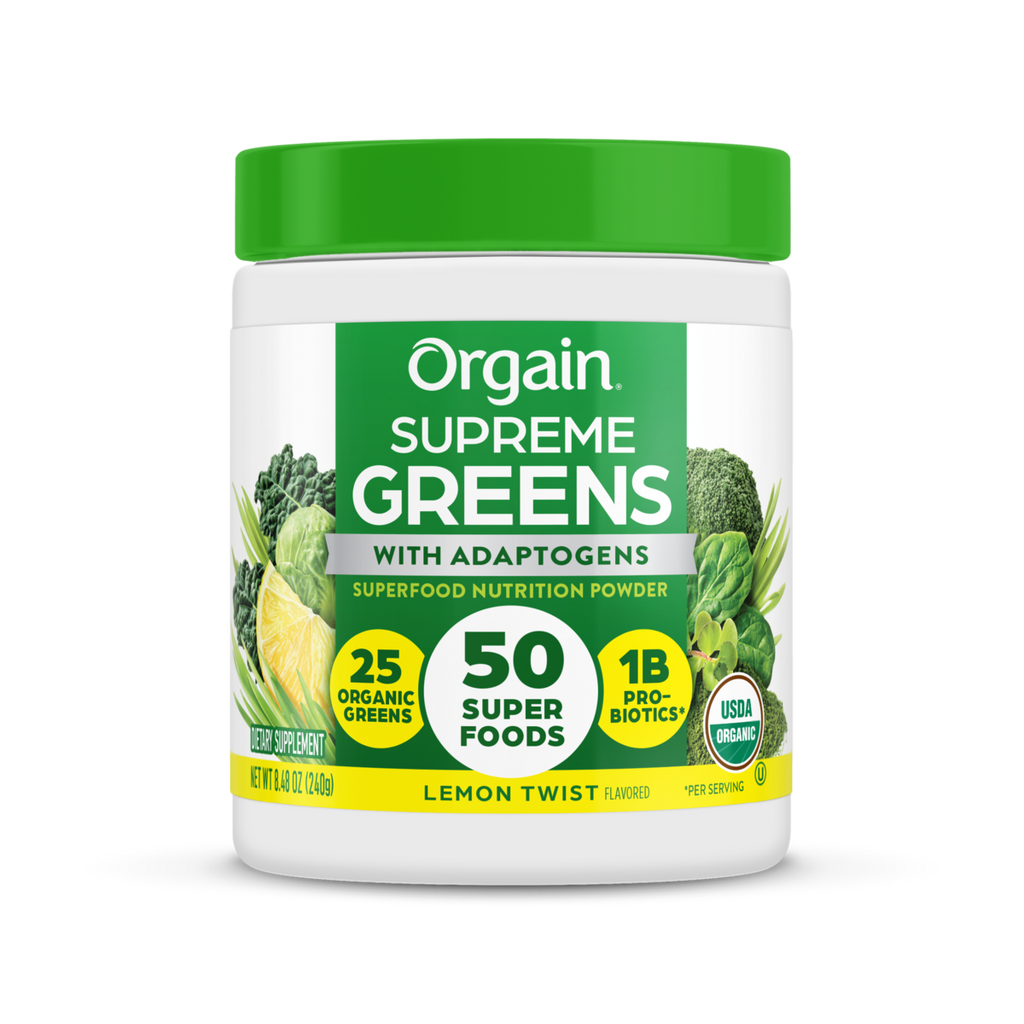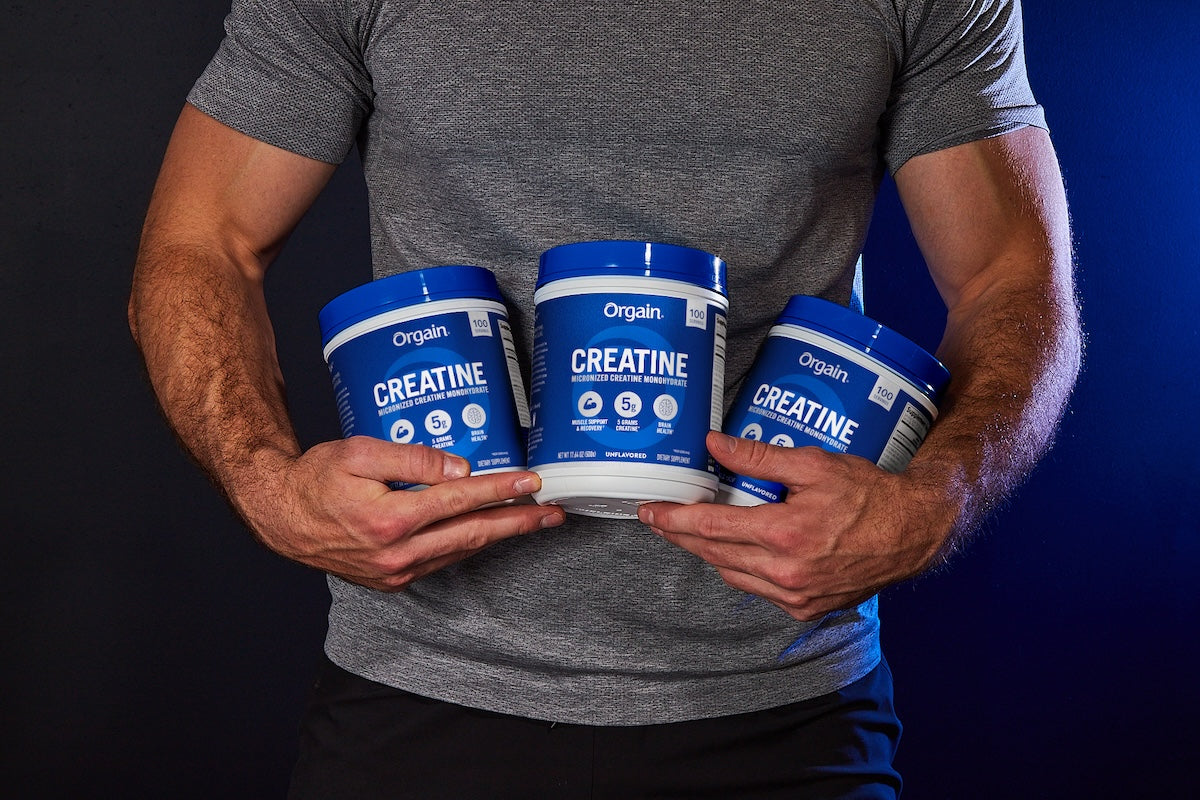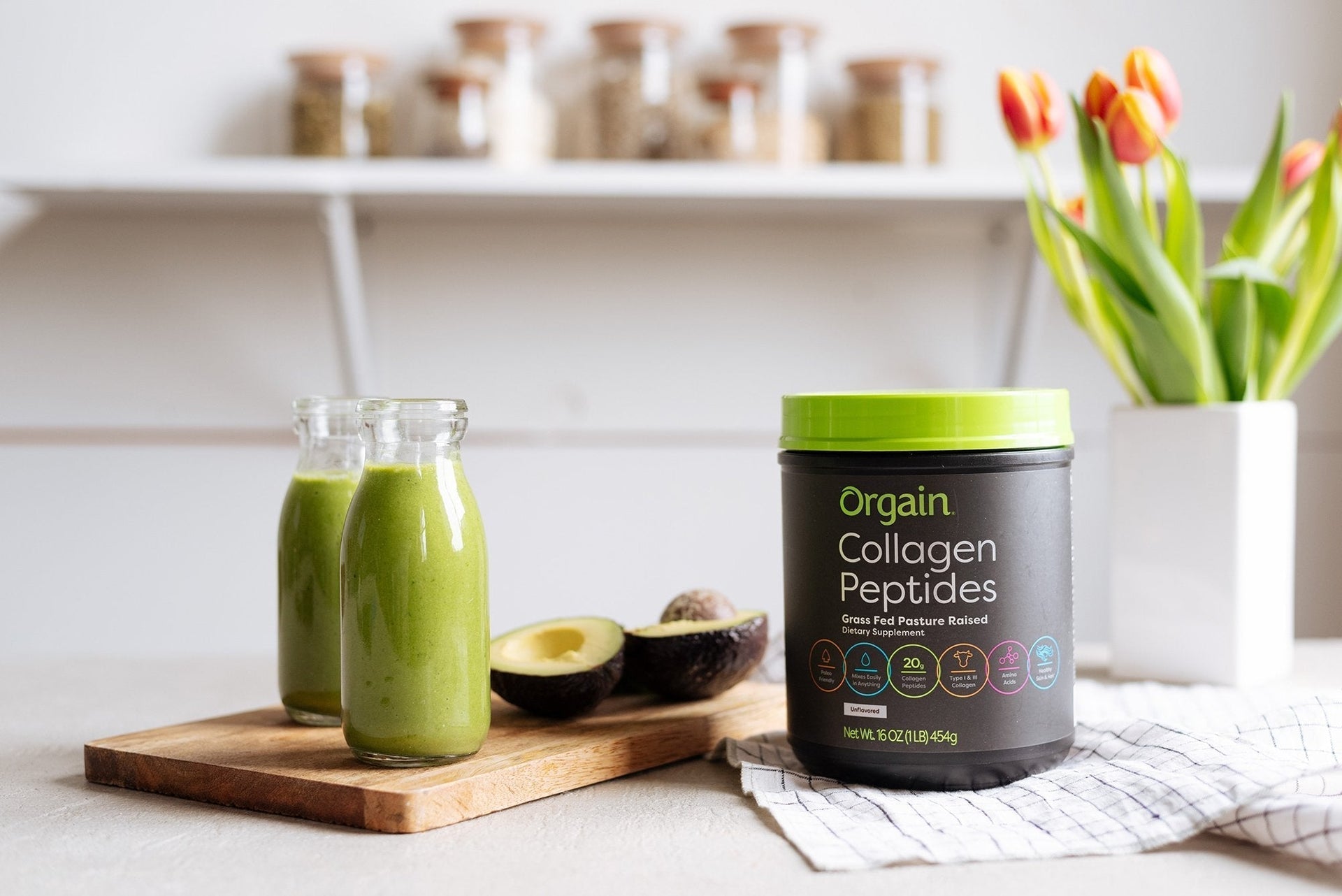Towards the end of the last century, people trying to lose weight were going for a low-fat diet that focused on carbs. Fat was considered bad and people avoided it at all costs. But we’ve grown to learn more about fats and how much our body needs them.
Now we know that you need fat to absorb nutrients like vitamin A, D, E, and K and certain antioxidants. And let’s not forget that fat is crucial for maintaining cell structure. Fats are even a valuable source of energy for our bodies.
There are good fats, and there are bad fats, but MCT oil is one of the good ones. So let’s take a walk down the MCT oil lane. You might be surprised to find out what this superstar fat has up its sleeve.
What Is MCT?
MCT stands for “medium chain triglycerides,” which are a type of fat. There are also long and short chain triglycerides, but short chains don’t appear in the human diet, and long chains can be difficult to digest and potentially harmful to your health.
Where Does It Come From?
MCT oil is derived from two primary foods: coconut oil and palm kernel oil. Coconut oil is the most popular choice, and is the healthier option.
Coconut oil on its own contains a good amount of MCTs, but it also contains some LCTs (long chain triglycerides) as well. While it is a healthy oil, it can’t achieve the same things that pure MCT oil can.
MCT oil is made when all of the MCTs are extracted from coconut or palm oil, leaving behind a pure MCT concentrate.
MCT’s Carbon Bonds
There are actually a few different types of MCTs out there, and they differ based on how many carbon bonds are found in each molecule's fatty acid chains.
You can have six, eight, ten, or twelve carbon bonds on an MCT. It’s commonly notated like this: C6 (caproic acid), C8 (caprylic acid), C10 (capric acid), and C12 (lauric acid).
Anything below C6 is a SCT, and anything above C12 is an LCT. Short chains, and even some C6s aren’t great for consumption because they may cause a burning sensation in the back of the throat.
LCTs and even C12s take longer for the body to absorb. They have to first be processed by the liver, unlike MCTs. This is where the health distinction comes in.
Health Benefits of MCT Oil
Because of MCT’s ability to be quickly and easily absorbed by the body, it goes a lot further for your health.
Weight
This is why MCT oil has gained so much popularity in recent years.
There are a few different theories as to why MCT oil can work so well to support weight loss as part of a low-carb diet, but the most common belief is that MCT reduces appetite. In one study, it was found that people who consumed MCT consumed about 62 less calories than the other group and retained about 100 less calories than the other group.
The lower caloric retention means an improvement in caloric deficit, which is fundamental to weight loss alongside a healthy diet and exercise.
Keto
MCT has become immensely popular for people on the ketogenic diet. The keto diet uses high fat intake to help your body reach a state of ketosis, where it burns fat for energy more than it does carbohydrates by creating ketones.
Because MCT oil can provide high amounts of fat with very few calories, it can help you reach your fat goals for the day and give you the freedom to eat a little bit more carbs and protein.
It provides some flexibility to this otherwise rigid, often tough-to-follow diet.
Digestion
MCTs are much more easily absorbed by your body than LCTs. They don't need pancreatic enzymes or bile to be broken down, so they move directly to the liver.
Because of this, MCT oil can be great for people who have trouble with digestion, especially the digestion of fats. MCT oil may even help promote gut health by helping to break down bad bacteria.
Energy
Because MCTs are so easily absorbed by your body, these fats are more likely to be used for energy instead of getting stored as fat in your body. This can lead to more sustained natural energy, which could help you get through your workouts or even just through a long day!
How To Use MCT Oil
MCT oil is not used like most other oils. It has an incredibly low smoke point, so it generally cannot be used as a cooking oil, but it can be used as a finishing oil.
Most people add it to drinks or smoothies, but it's also easy to put a few tablespoons of MCT oil into your salad dressings, soups, or sauces. It is tasteless and odorless, so it can really go on anything!
Bulletproof Coffee
The most popular use of MCT oil is in bulletproof coffee. Bulletproof coffee is a trending keto hack that increases the fat content of your coffee for a delicious keto-style breakfast.
Bulletproof coffee can be made in several different ways, but the most common recipe is your favorite black coffee, heavy cream or butter, and MCT oil.
What To Look For When Buying MCT
Before you go out and try MCT for yourself, know that not all MCT oils are the same. Some are quality, and others aren’t, just like anything else.
Here’s what you should look for when buying yours so you can find the right MCT oil to give you the most benefit.
C8 and C10
Remember how we talked about carbon bonds? These are incredibly important when choosing MCT oil. C8s and C10s have the best effect on your body.
C8 only has a three-step conversion process to be transformed into cellular energy. In addition, it’s the fastest MCT to metabolize, and it’s well-equipped to support a healthy gut.
C10 works similarly to C8, but it has a slightly slower rate of conversion into cellular energy because of those extra carbon bonds that need broken.
C12 behaves mostly like an LCT, so it’s best not to buy oils with C12 as the base. C6 is known to cause throat discomfort on the way down, so that’s not a great option either.
Unfortunately, companies are not required to disclose which type they use, so make sure to find a company that actually lets you know what type of MCT they use.
Organic All The Way
It’s also important to shop organic. Organic MCT oils mean clean, GMO-free, and pesticide-free ingredients, giving you greater confidence in the quality of your MCT oil.
Go Nuts For Coconuts
Shop for coconut-derived MCT oil instead of palm kernel. This is a more environmentally-friendly choice, and often means higher-quality oil, too.
Conclusion
You’re officially a step ahead when it comes to knowledge about MCT oil. This powerful fatty oil could have some incredible benefits on your health, and don’t even get us going again on how helpful it is for those on keto.
Like all supplements, MCT oil may have a few uncommon, mild side effects, namely, diarrhea, bloating, or gas; this usually happens if you’re taking a little too much than your GI system can handle as you start adding more fat to your diet.
If you’re ready to give MCT oil a try, Orgain’s Vegan Organic MCT Oil packs a whopping 13 grams of MCTs, 7.8 grams of which are the powerful C8s, and all of which are derived from coconuts.
Disclaimer: This is for informational purposes only and is not intended as individual or specific medical advice, nor is it intended to replace advice by your qualified healthcare provider. We strongly encourage consulting with a qualified healthcare provider about your interest in, questions about, or use of dietary supplements and what may be best for your overall health.
Sources
MCT Oil Diet: How to Use MCT Oil in a Keto Diet | Charlie Foundation
